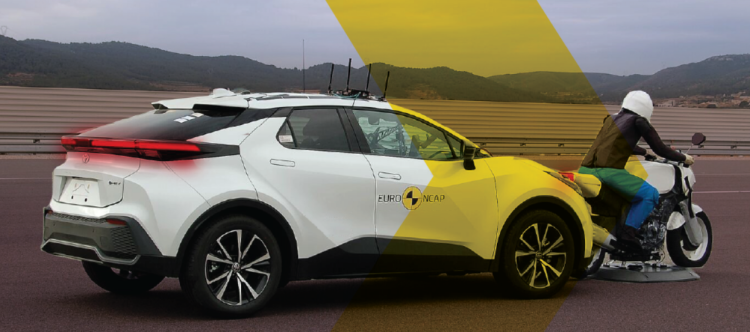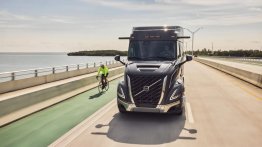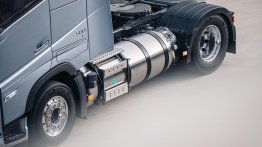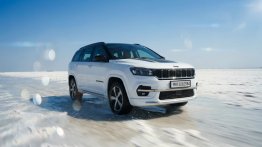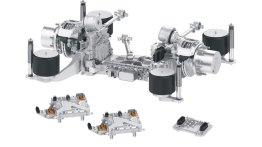Euro NCAP releases safety ratings for three trendy crossovers: the NIO EL6, the new Toyota C-HR, and Honda's CR-V.
Consumers are becoming increasingly familiar with new vehicle brands due to the steady influx of cars from China and elsewhere, keen to enter the European market. Names such as BYD, Genesis, ORA, VINFAST, Lucid, and NIO are all establishing reputations that resonate with consumers. One car that is already making news is NIO's EL6. This vehicle is an innovative and premium addition to the electric car stable, with NIO offering battery-swapping technology to decrease range anxiety among consumers. NIO already has a wide range of models accessible in Scandinavia and Germany. NIO’s ES8, ET7, ET5, and EL7 all achieved Euro NCAP’s coveted 5-star rating. NIO EL6 is no different from its siblings, achieving an overall rating of five stars.
A safer vehicle is not only one that considers the protection of those in the car but also those outside of it. Vulnerable road users (VRUs) such as pedestrians and cyclists are of increasing focus for carmakers in the quest to decrease the number of fatal and harmful accidents on Europe’s roads. The EL6, like other NIOs, uses a camera, radar, and lidar to sense those around it, to avoid or mitigate accidents. This is cutting-edge, yet pricey, technology that is now employed in only a few vehicles. The EL6's automated emergency braking (AEB) system performs effectively with respect to collisions against passenger vehicles and is good at protecting against vulnerable road users, but not in oncoming and overtaking motorcyclist scenarios.
The Toyota C-HR created an impact when it was initially on the market in 2016 with its unique and funky look, revitalising Toyota's dependable but slightly uninspiring image. This second-generation model comes equipped with more technology and more space but is priced higher than its predecessor. However, there is little doubt that Toyota continues to prioritise safety, as evidenced by its five-star Euro NCAP rating, the same rating it received in 2017 when the original car was tested.
In terms of technology, the Toyota C-HR's autonomous emergency braking system performed particularly well, earning top marks in almost every test. The standard-fit driver monitoring system is indirect, relying on steering inputs and lane position to detect indicators of drowsy driving. A more sophisticated direct eye monitoring device is available as an option but was not fitted to Euro NCAP's test vehicle.
The Honda CR-V 2.0 Hybrid comes next, with a solid 4-star rating with base equipment and 5 stars when equipped with the optional Honda Sensing 360 package. The base car has a camera and a single radar: the safety pack includes corner radars to improve Advanced Driver Assistance System (ADAS) performance in general, as well as in specific turning scenarios. The optional safety pack significantly enhanced AEB performance, particularly in terms of preventing collisions with pedestrians and vehicles.
